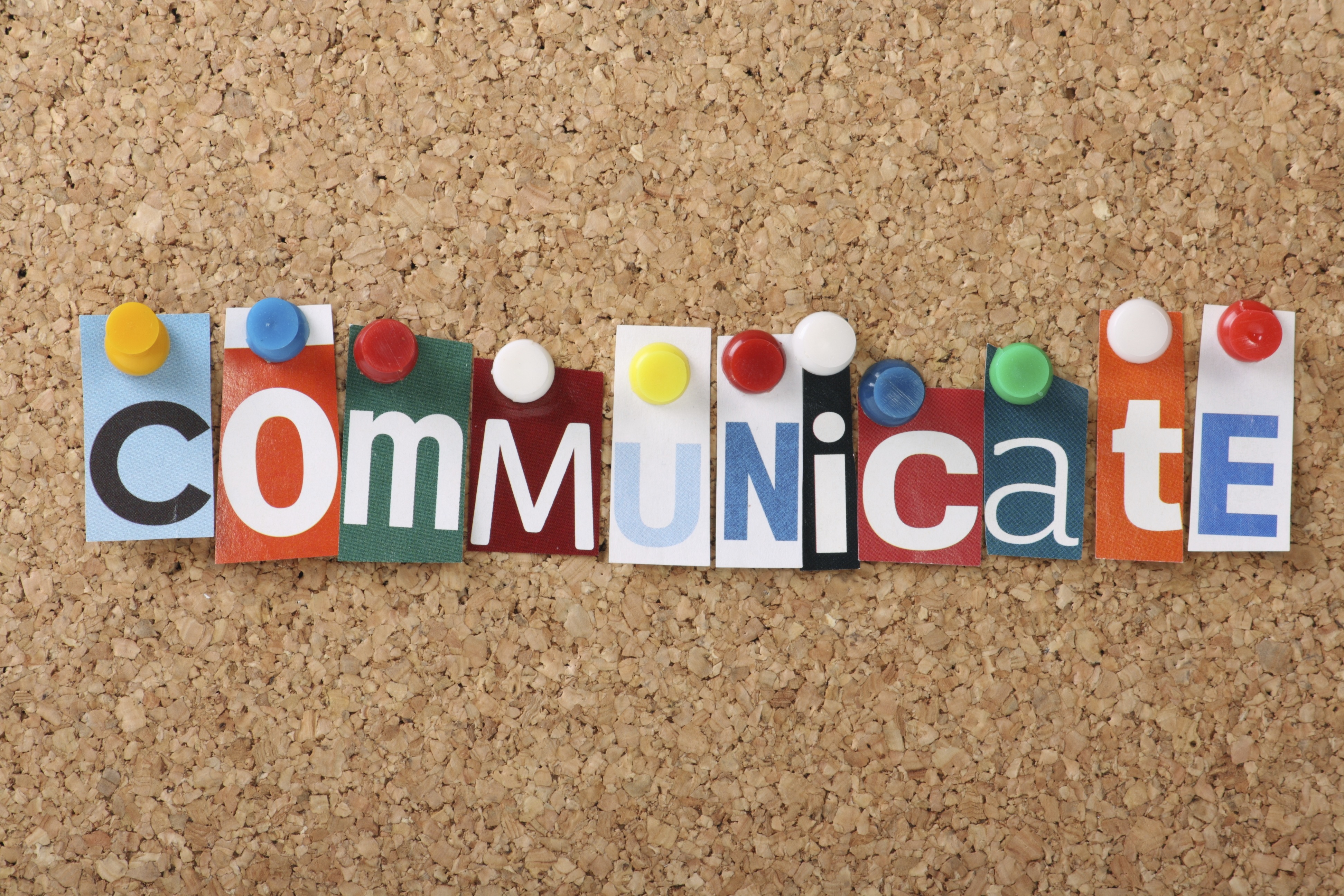 A couple of years ago, I was the hiring manager for a public relations position that came down to two qualified candidates. Person A had an undergraduate degree from an “average” school. By this, it was a school that you would have heard of, but isn’t known for being an elite or prestigious university. Person B had a master’s degree from an Ivy League school. While this educational achievement certainly didn’t hurt candidate B, I ultimately decided to pick Person A for the position because the individual’s overall experiences and knowledge better correlated to the role and outweighed the educational “disadvantage”.
A couple of years ago, I was the hiring manager for a public relations position that came down to two qualified candidates. Person A had an undergraduate degree from an “average” school. By this, it was a school that you would have heard of, but isn’t known for being an elite or prestigious university. Person B had a master’s degree from an Ivy League school. While this educational achievement certainly didn’t hurt candidate B, I ultimately decided to pick Person A for the position because the individual’s overall experiences and knowledge better correlated to the role and outweighed the educational “disadvantage”.
My inclination was right – I made a very good choice in this hire. This little example aligns to the findings from a February 25th Gallup poll. Over 600 business leaders were asked to rank the level of importance that four distinct factors have on hiring. Eighty-four percent of business leaders said the amount of knowledge a candidate has in a particular field was “very important,” followed by 79% who said applied skills were very important. These two reasons far outweighed the importance of a candidate’s college major (28%) or where the candidate received his or her college degree (9%).
This certainly doesn’t mean that going to an elite school is a drawback. Particularly in the business education space, there are numerous studies that show the link between the name of the school and income upon graduation. Many elite schools instill hands-on, practical experience that best prepares graduates to make a difference in the workplace. That is in part why they are referred to as elite.
Nor does this Gallup study mean that higher education isn’t necessary. Quite the contrary, according to a Pew study that highlights the difference in salaries between college educated vs non college educated millennials.
Those disclaimers out of the way, I think the findings from the Gallup survey reinforce the importance of emphasizing impact and ROI as part of the higher education experience. Sure, going to university for many also means learning how to grow-up and learn for learning’s sake. But ultimately it is about ROI, especially since so many graduate with student loan payments waiting in their mailboxes.
The Gallup survey notes that: “Higher education institutions have a tremendous opportunity to partner with businesses to bring relevant, responsive, and timely learning opportunities to workplaces in this country and worldwide.” Many business schools are already doing this, which is why that investment continually demonstrates returns year after year. Educators across disciplines need be continually innovating to bring the real world into the classroom, be it virtual, on campus or out in the field.
From a communications and marketing point of view, we need to continually be looking for the stories that showcase the impact that business leaders describe in the survey. School culture, the amenities on campus and the history of your school are all fine and dandy to highlight in some way. But as the business leaders note in the survey, they aren’t hiring individuals because they went to school in a beautiful city or because they cheered loud at a sporting event.
Savvy prospective students should be thinking about the impact of their investment. With this mindset, they need to see how knowledge obtained correlates to the real world and how the educational experience gives them opportunities to build their skills. We marketers and communicators need to keep this in mind throughout our messaging.
